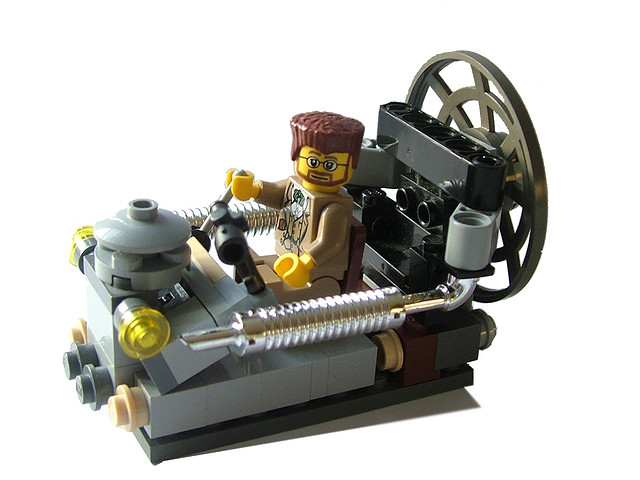Podcast: Play in new window | Download
Subscribe: Apple Podcasts | RSS
- Dave wrote a post about the economics of hardware.
- Chris now is part of the Google Helpout program. You can rent time with him.
- A previous program Chris was part of was Maven. He didn’t like that it was just surveys.
- A version with actual engineering tasks is Proto Exchange, which is specifically for electrical engineers. CircuitHub is also setting up a marketplace for electronic work as more people want to get into hardware.
- The Embedded podcast recently had a show about hiring.
- Contextual Electronics had some (unintential) issues during the build, including a wrong footprint and a couple of reversed signals.
- Dave’s advice for a checklist? Double check everything.
- Two things you need to get a great product
- Cheap respins
- A time machine
- eFabless is a new service for sharing a wafer and getting low cost custom chips. The low cost is the result of excess capacity.
- It uses an online compiler called Yosys, the author of which was on our subreddit.
- We assumed it was all digital as it is defined with verilog, but it might do mixed signal.
- Others deal with excess capacity by converting the fabs to grow lettuce.
- The ISEE3 satellite has been reclaimed!
- Elon Musk has been driving amazing companies, such as SpaceX. The recently announced Dragon V2 looks amazing. It reminds Dave of the ship in the film version of Contact.
- NASA is apparently planning to send people to Mars by 2035.
- Dave is reminded of the 40 day report.
- Watson (the computer that won Jeopardy!) will now be doing medical diagnosis.
- Google announced a self driving car that they are planning on manufacturing.
- Mentioned last week, manufacturing is moving from China to Mexico due to cost, logistics, agreements.


Fail Early, Fail Fast, Fail Often
http://www.fastcodesign.com/1663968/wanna-create-a-great-product-fail-early-fail-fast-fail-often
Works great for software (every compile run is a fast fail :P). Used to be prohibitively expensive for hardware, but nowadays can work if you are positioned well. Shenzhen with their Shanzai movement for example. You can have new boards respinned every morning if you live there :).
I thought the old fad an a hydroponics lab was done because it was inside the exclusion zone of Fukushima but because of the clean room air filtration system, it’s safe to grow food inside.
Chris,
Thanks for the shoutout for ProtoExchange 🙂
We’re a small team that is hoping to make Hardware more accessible for everyone – whether your a learning hobbyist of professional we think that “pair-programming” for HW will help promote learning, collaboration, and better results.
Recently, we’ve had great success with developers helping out other devs for design review, schematics, component selection, pcb design, etc.. We’re looking to promote these services as well as the companies that we have worked with (there are some SERIOUSLY cool projects going on).
Anyways, I just want to thank you for the promotion and would like to tell you to keep up the great work! Huge fans of Amp Hour 🙂
Chris/Dave your conversation about Mars brings up one hell of a book I recently read. If you have time to read a relatively short work of GREAT fiction, check out The Martian by Andy Weir.
It will answer your question about who to send to Mars. Obviously you’ll need many disciplines, but definitely send a BAD ASS botanist.
Thanks for all the sympathy for consulting engineers. I already knew it, but the hardware-only guys work too cheap; software pays way better. Had to laugh when Chris was talking about focus and context switching. I usually have 5-6 clients simultaneously, and this week I’ve been at 4 of them doing work. It took me years to get to this point though, and I have a “knack” (ha) for it. I would much rather be working this way versus the glacial pace of most big enterprises, and I get to leave when I’m done with a job!
I sure wish we had the cheap/fast re-spin “button” back when I was doing analog IC design. Spins cost hundreds of thousands of dollars, and several weeks or more of time. We used to simulate, and resimulate the circuits in all possible conditions, and review layouts from all possible angles, to try to avoid respins…